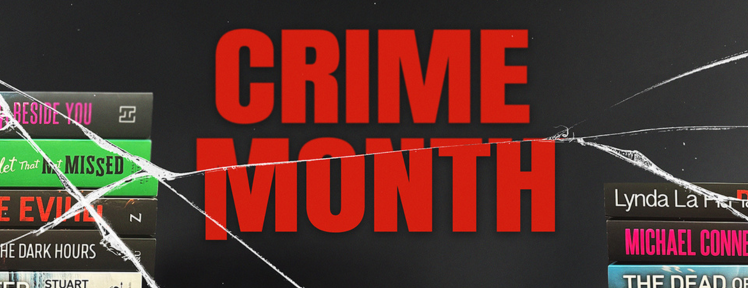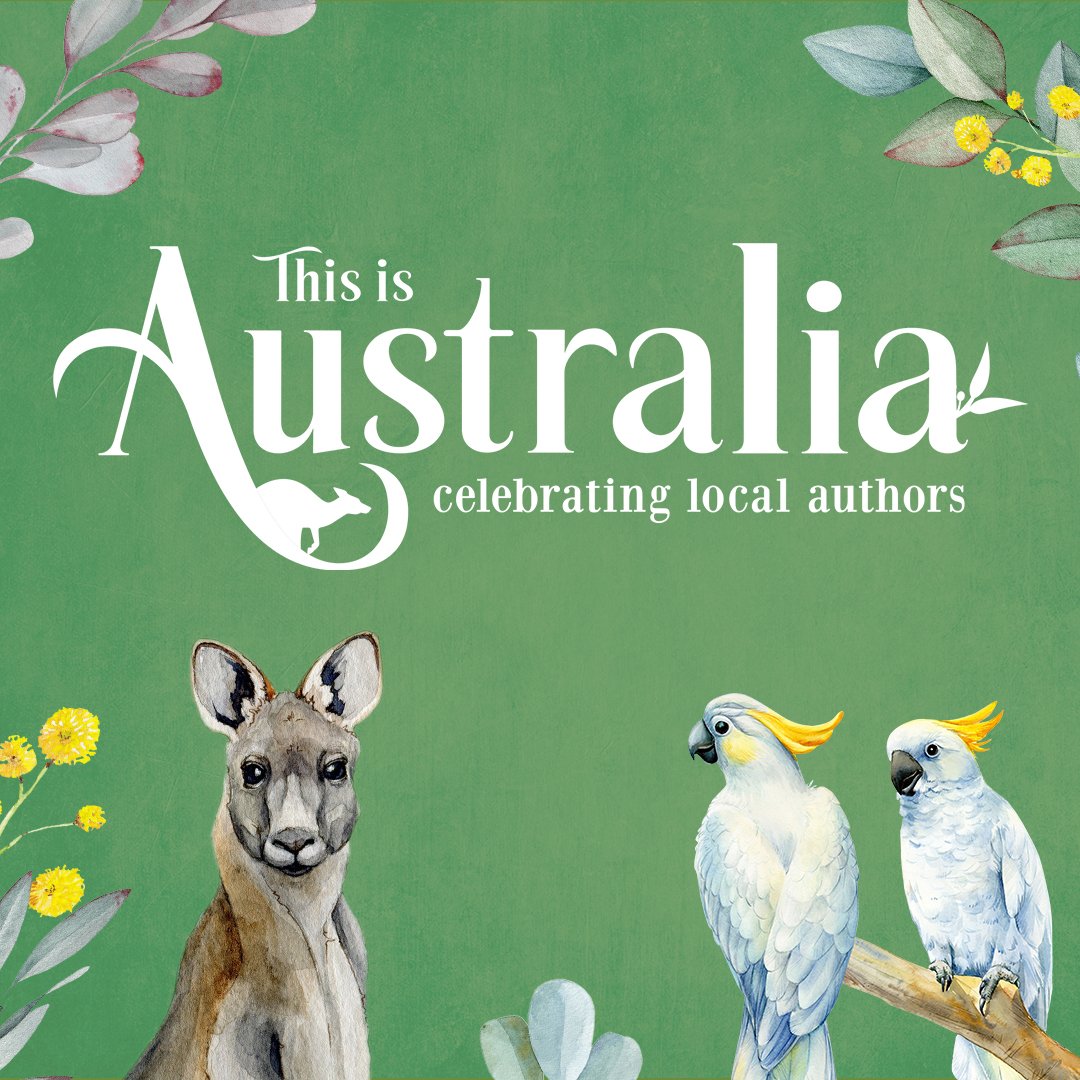Randa Abdel-Fattah is a Palestinian Egyptian Muslim writer, anti-racism advocate and Islamophobia scholar and the multi-award-winning author of 11 novels published in over 20 countries. Randa is also a postdoctoral research fellow in the Department of Sociology at Macquarie University researching the generational impact of the war on terror on Muslim and non-Muslim youth. Her book Coming of Age in the War on Terror has just been released.
Today, Randa is on the blog to answer a few questions about Coming of Age in the War on Terror. Read on …
Tell us about your book, Coming of Age in the War on Terror.
RAF: My book is based on interviews and writing workshops I ran with Muslim and non-Muslim high school students in Sydney schools—young people born around 2001, only ever knowing a world at ‘war on terror.’ The book explores, mainly from the point of view of these young people, how race, Islamophobia, debates on ‘free speech’ and ‘identity politics’, countering violent extremism policies, counter-terrorism practices and media headlines drill down into young people’s everyday lives at school and in the community as they come of age.
What made you want to investigate this issue and write a book about it?
RAF: Actually I can tell you the precise moment I was inspired to start investigating this issue. I was doing an author visit at a school in south-west Sydney (with an Arab majority student body) in 2015. A year 10 student, Bilal, said to me: ‘School used to be the one place I felt safe.’ He was worried that what he said about ‘stuff in the Middle East’ might be ‘taken the wrong way’. This was in the aftermath of the murder of NSW police employee Curtis Cheng by a 15-year-old boy in October 2015 and an expansion by the NSW government of ‘countering violent extremism’ initiatives in schools. Bilal’s words lingered with me because if this is how he felt, it opened up so many questions about trust relations at school and as Bilal came into his own identities. Then I started wondering whether this was unique to Muslim students— which ones, which suburbs, which backgrounds? etc— and whether non-Muslim students felt the same way. My project was born from that.
What’s your biggest concern about this generation of young people who have grown up in this climate of Islamophobia, state surveillance and political suspicion?
RAF: That their political agency, radical imaginations and voice are silenced. That their politics and resistance becomes twisted and shaped into docility, apathy, helplessness, out of fear of being labelled, punished. That they are seduced into thinking that individual acts are more powerful that collective solidarity.
How did you go about finding people to interview for this book and what is the most surprising thing you learnt from the experience?
RAF: It was a bit of word-of-mouth, directly approaching schools, snowballing wider as I met young people and their teachers. The most surprising thing I learnt from the experience was how routine, mundane and normalised hate speech and racism have become in young people’s everyday lives, especially online. The extent of the potential for desensitisation is alarming.
Who did you write this book for? Who do you hope will read it?
RAF: I had the choice of writing this book for a specifically academic audience. But I wanted the book to reach both an academic and non-academic audience, and I especially wanted to offer a book to young people emerging from high school who are seeking a way to interpret the world they are going into. I also hope teachers and policy-makers read this book so that they can gain an insight into the impact curricular, teaching practices and school environments have on young people amidst the mobilisation and organisation of neo-Nazi, white supremacist movements and the normalisation of hate crimes and speech.
What’s the biggest challenge you faced while writing this book?
RAF: Sifting through the countless transcripts and gems of insights from young people and trying to fit it all into one book!
Does My Head Look Big in This? was released in 2005, and you’ve had a busy career in the media and volunteering for human rights organisations since then, as well as completing a PhD on Islamaphobia. How different does the world feel to you now compared to back then?
RAF: There’s no doubt that racism and Islamophobia have escalated since 2005. In some ways the spectacle of race and Islamophobia is more brazen now and less able to be denied. In other ways, it has become more insidious and sophisticated in the way it maintains a hold on our institutions. But what has certainly changed, due to the sheer tenacity and efforts of Indigenous people, people of colour, marginalised communities, is the capacity for us to hold power to account, to mobilise and show strength, and resist in solidarity with each other, to demand space.
What do you hope readers will discover in Coming of Age in the War on Terror?
RAF: That since 2001, the problems of state and police surveillance, erosion of human rights, censorship etc which Muslim communities have faced alone for years (save for the support of Indigenous communities who have always been the strongest allies), would eventually have wider application. What was tested and practiced on Indigenous communities since this land was stolen, was applied to Muslim communities in the name of ‘national security’. Gradually, the policies of the war on terror have morphed and adapted to have wider application in silencing and managing various groups deemed a ‘problem’, from climate change activists to those who protest the way in which laws around public health during COVID are disproportionately applied.
And finally, what’s up next for you?
RAF: Back to the world of children’s writing for some much-needed cheer and joy!
Thanks Randa!
—Coming of Age in the War on Terror by Randa Abdel-Fattah (NewSouth Books) is out now.

Coming of Age in the War on Terror
'One minute you're a 15-year-old girl who loves Netflix and music and the next minute you're looked at as maybe ISIS.'
We now have a generation – Muslim and non-Muslim – who has grown up only knowing a world at war on terror, and who has been socialised in a climate of widespread Islamophobia, surveillance and suspicion. In Coming of Age in the War on Terror, award-winning writer Randa Abdel-Fattah interrogates the impact of all this on young people's political consciousness and their trust towards adults and the societies they live in. Drawing on local interviews but global in...







 What do we know about the Boy Swallows Universe Netflix show?
What do we know about the Boy Swallows Universe Netflix show?  Booktopia’s top thrilling fiction picks for Crime Month
Booktopia’s top thrilling fiction picks for Crime Month  Booktopia’s Top First Nations Book Recommendations for 2023
Booktopia’s Top First Nations Book Recommendations for 2023
Comments
No comments